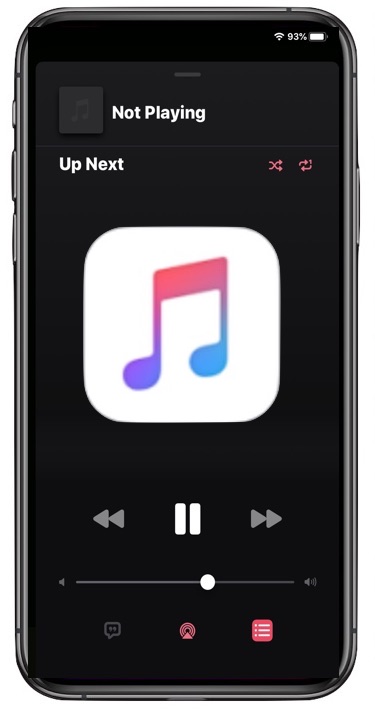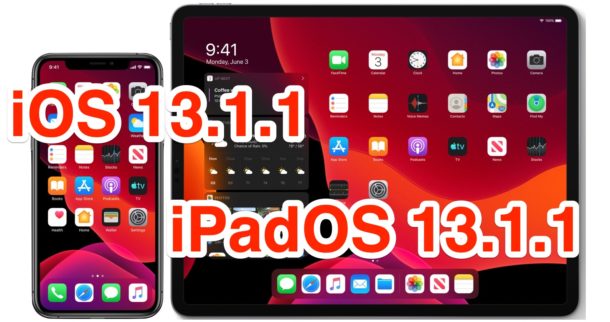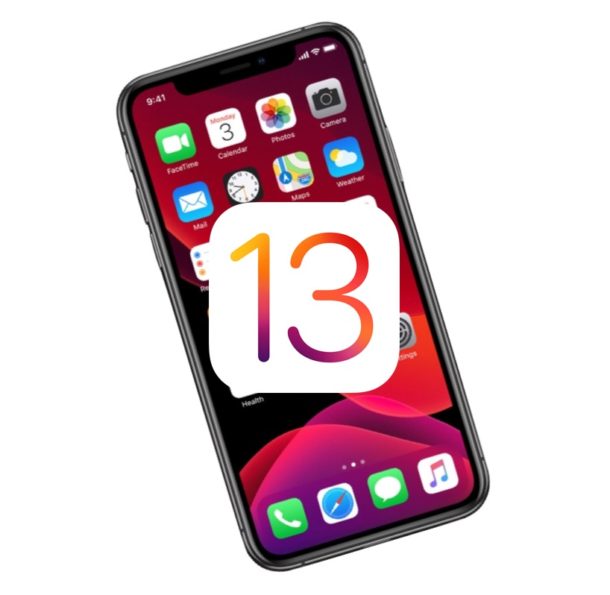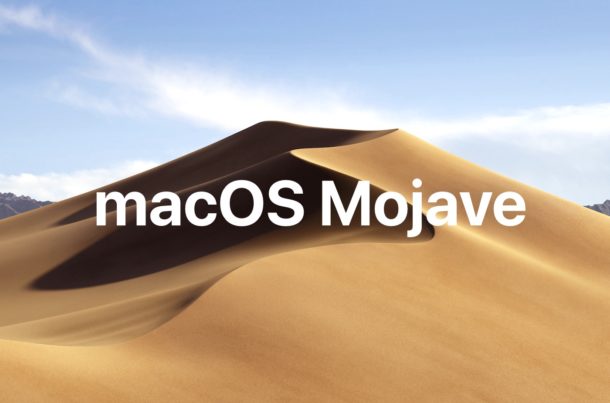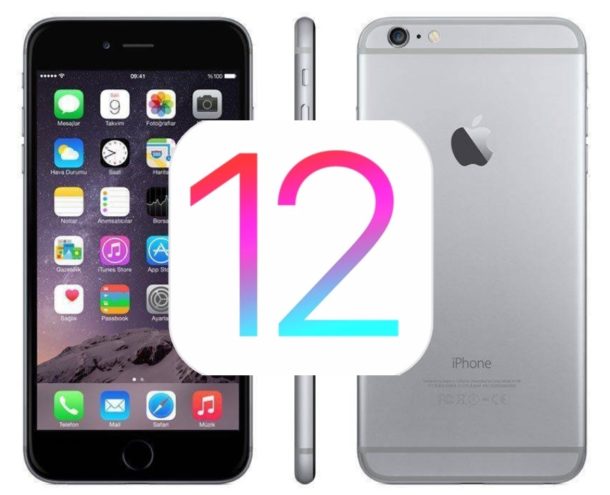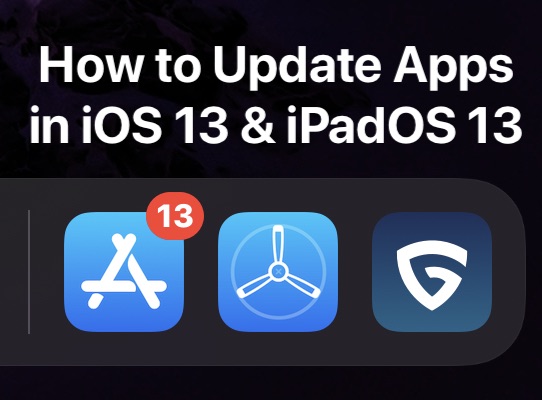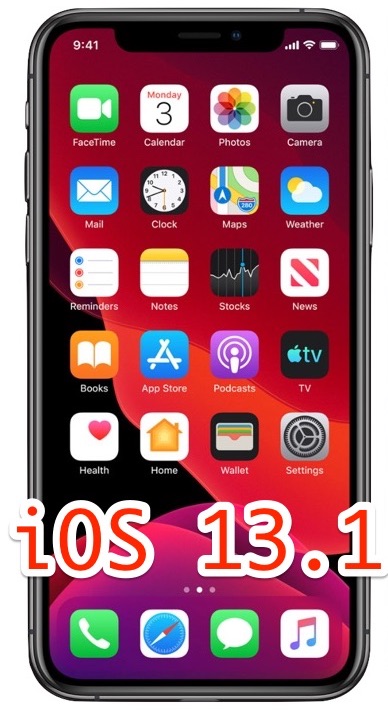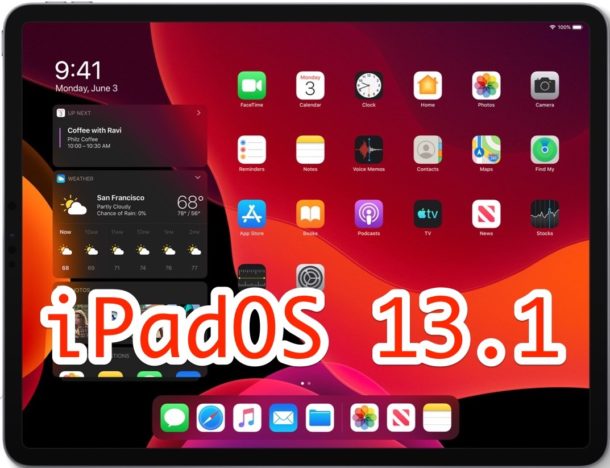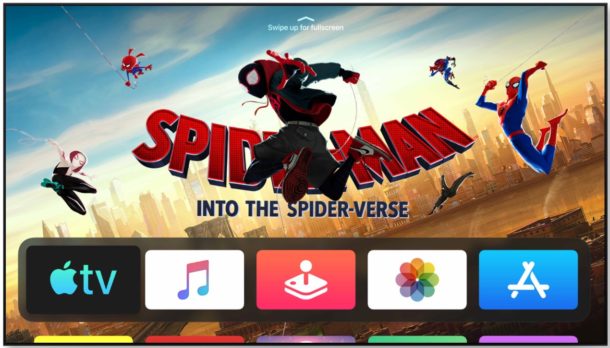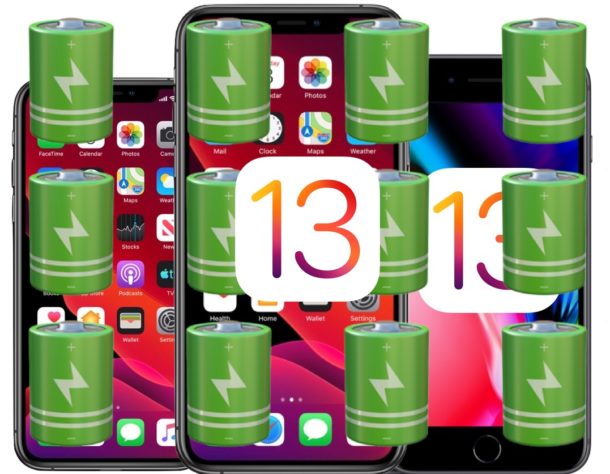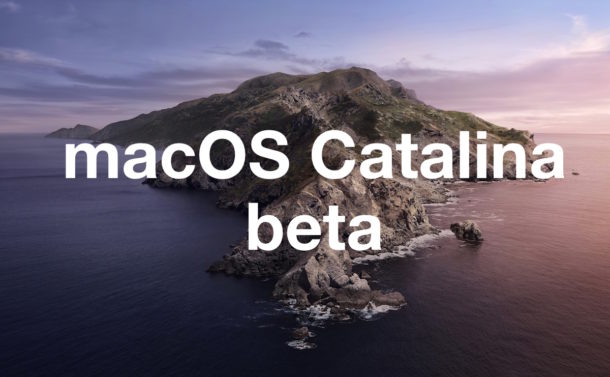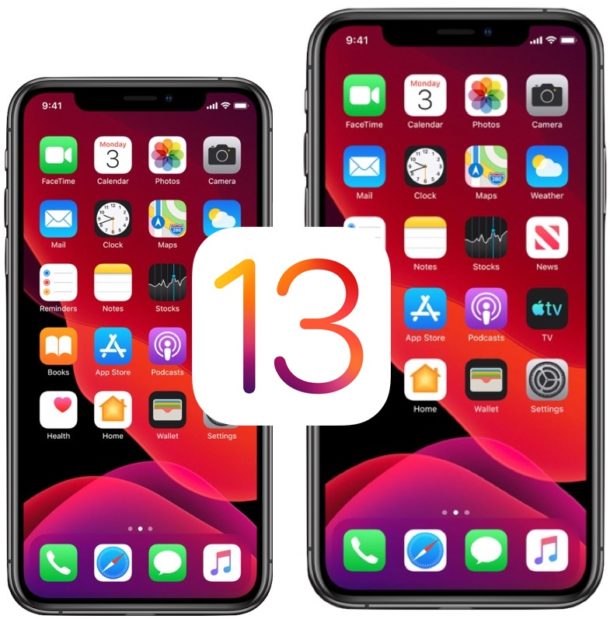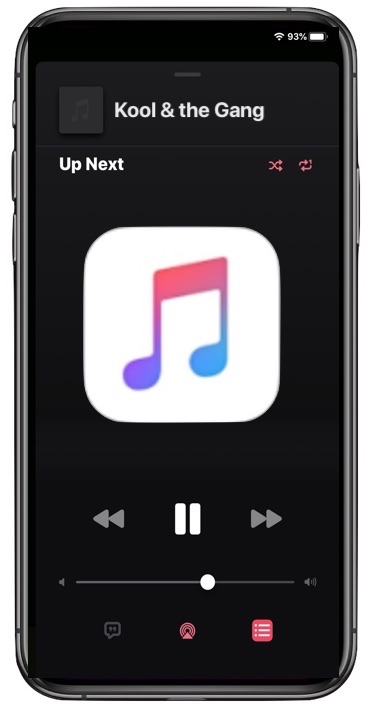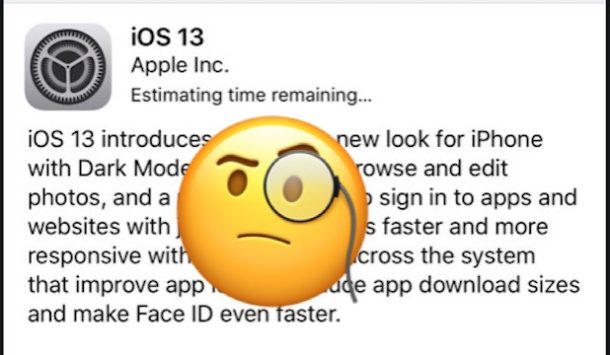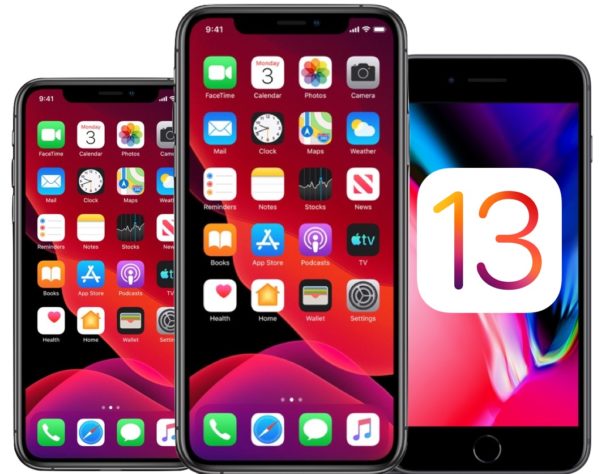How to Fix “No Sender” & “No Subject” Mail Bug in iOS 13 & iPadOS 13

If you launched Mail app on iPhone or iPad after updating to iOS 13 or iPadOS 13 and now discovered new emails are showing up as “No Sender” and with “No Subject”, then you’re certainly not alone. This appears to be a known bug impacting a fair number of iPhone and iPad users after updating their devices to the various new iOS 13 and iPadOS 13 software releases, including iOS 13, iOS 13.1, iOS 13.1.1, iPadOS 13.1, and iPadOS 13.1.1.
If you’re impacted by the annoying Mail app “No Sender” and “No Subject” email bugs, then read on to learn how you may be able to troubleshoot and resolve the issue.

